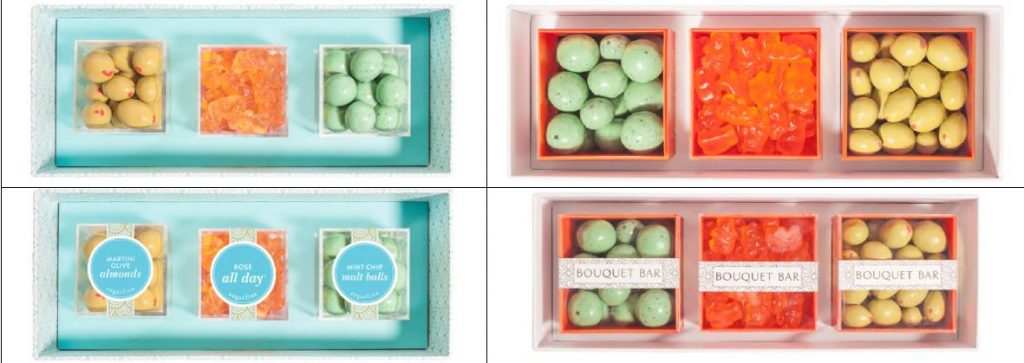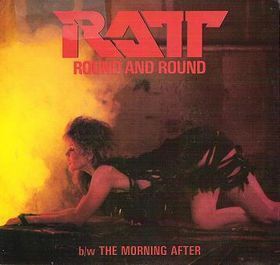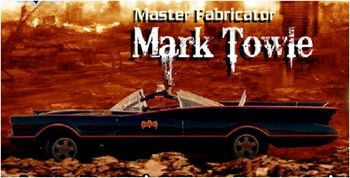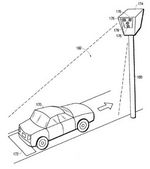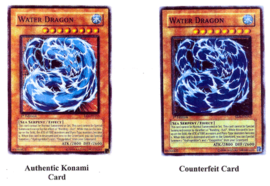Dog chew toys are in the middle of a design patent and trade dress infringement tug-of-war lawsuit filed by Benebone against Pet Qwerks. The design patents cover a stick design with “Y” shaped ends. Patent Nos. D870,400 and D871,686. Benebone contends that Pet Qwerks, “rather than design its own product[,]…began selling a ‘BarkBone Stick’ that is a knock-off of Benebone’s patented design and the ‘Flavorit BarkBon’ that knocks off another popular Benebone design.” The complaint admits, as it must, that Pet Qwerks’ ends have three prongs instead of the double prong “Y” shape claimed in the patents, but maintains that the accused product appears substantially the same to an ordinary observer and would deceive the observer to purchase the product supposing it to be Benebone’s patented product.
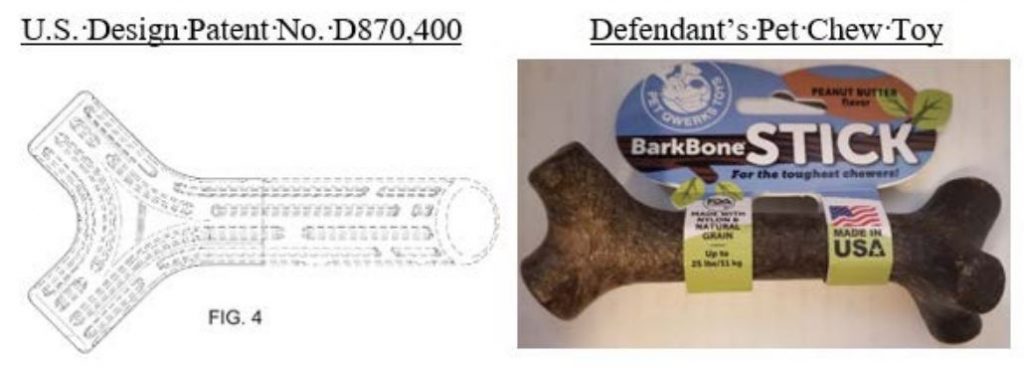
The trade dress design infringement claim, however, seems like a bit of a stretch, but the complaint is dogmatic in its trade dress definition and contentions. “The Maplestick is a clear example of this design language; while its modern and clean design takes cues from sticks, it intentionally does not look like an actual stick. There are several key design features at work here. First, the main portion of the Maplestick is dead-straight, unlike a real stick.” Commentary: I have seen straight sticks and distinctly remember one from Catholic boarding school. “Second, it has equal branches at both ends, unlike a real stick.” Commentary: it appears that someone has never fashioned a slingshot from a tree branch. “Third, the branches at each end are terminated in a cylindrical way, which is not found in a natural stick.” Commentary: sticks are usually cylindrically shaped, that’s why we count the “rings” to determine a tree’s age. The complaint also lists similarities in the respective packaging, but makes the surprising allegations that both packages display “the American flag and Made in USA label,” as well as Pet Qwerks marking its packaging with “Real Bacon” while Benebone’s uses “Did somebody say Real Bacon?” Those allegations in support of trade dress similarity are dubious and unprotectable.
Although design patents and trade dress both protect ornamental product designs and often overlap, the test for infringement under each discipline is different. Design patents use the Ordinary Observer test: “if, in the eye of an ordinary observer, giving such attention as a purchaser usually gives, two designs are substantially the same, if the resemblance is such as to deceive such an observer, inducing him to purchase one supposing it to be the other, the first one patented is infringed by the other.” Gorham Manufacturing, Inc. v. White, 81 U.S. 511, 528 (1871). The Federal Circuit then tweaked the test to account for prior art and the modified test becomes: ““whether an ordinary observer, familiar with the prior art, would be deceived into thinking that the accused design was the same as the patented design.” Egyptian Goddess, Inc. v. Swisa, Inc., 543 F.3d 665, 681 (Fed. Cir. 2008).
 Los Angeles Intellectual Property Trademark Attorney Blog
Los Angeles Intellectual Property Trademark Attorney Blog



